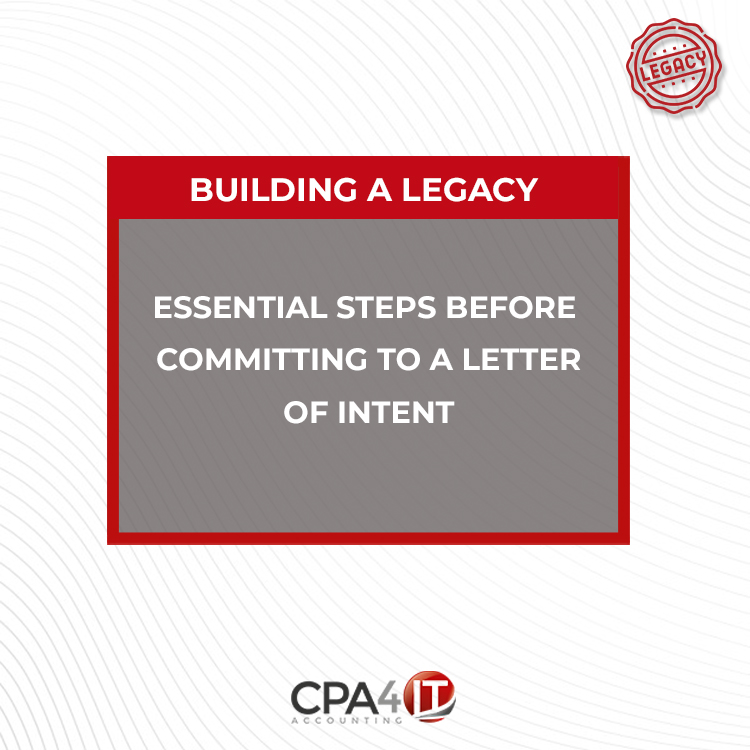Anticipation of selling your business may seem distant, but understanding the nuances of the process is a proactive step that can’t be underestimated.
Imagine promising your child a reward for good behavior—negotiating leverage in a nutshell. This concept applies to business sales too. While negotiating the sale of an appealing business, leverage exists until the moment you sign a letter of intent (LOI). The LOI typically includes a “no shop” clause, compelling you to cease discussions with other potential buyers while the chosen acquirer conducts due diligence.
However, once the LOI is signed, the dynamics shift drastically in favor of the buyer. Time is on their side for scrutinizing your company, and as days pass, your emotional attachment to the sale grows stronger. Savvy buyers capitalize on this psychology, extending diligence for months, aiming to reduce their offer or demand improved terms.
As your leverage dwindles and alternative suitors recede, you’re left with two unappealing choices: settling for inferior terms or walking away.
Here are seven strategic actions you can take—prior to listing your business for sale and prior to LOI signing—to minimize the risk of prolonged, diluted deals:
1. Fortify Customer Contracts with “Successor” Clauses
Long-term, standardized contracts with customers should encompass clauses ensuring contractual obligations persist through company ownership changes. This preemptive step solidifies customer commitments, regardless of transitions.
2. Cultivate a Pool of Reference-Ready Customers
Expect acquirers to seek insights from your customers on why they choose your business over competitors. Before LOI commitment, create a group of 10 to 15 reference-ready customers, prepared to vouch for your business’s value.
3. Align Your Management Team
During due diligence, acquirers often engage your managers in confidential interviews. Ensuring your management team is aligned and informed prevents discrepancies and projects a cohesive image.
4. Consider Audited Financials
Boost acquirer confidence by presenting audited financial statements, endorsed by reputable accounting firms. Audits reduce perceived risk and validate your financial records.
5. Preemptively Disclose Risks
Every company carries risk factors. Proactively disclose any legal or accounting irregularities before LOI commitment. Transparency fosters trust and prevents surprises later.
6. Trim the Due Diligence Period
Acquirers usually request 60 to 90 days for due diligence. Negotiating this down to 45 days—or even 30 days with certain financial buyers—signals your commitment to a timely close and avoids unnecessary delay.
7. Emphasize Alternatives at Play
While acknowledging the chosen acquirer’s strong offer and honoring the “no shop” pact, communicate the presence of other interested parties. This underscores your commitment and keeps options open.
By diligently implementing these seven steps, you safeguard your business’s value during the negotiation’s pivotal shift—when control transfers from you to the buyer. Foresight, strategic actions, and maintaining a strong negotiating position can make all the difference as you navigate the intricate process of selling your company.







